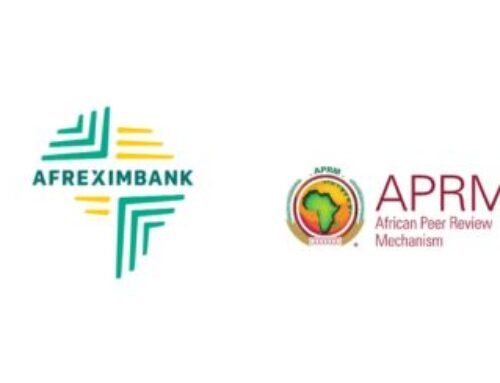
The global market was quite volatile in 2023, reflecting a host of economic and socio-political events. From inflation and interest rate risks to currency and commodity price volatility, the credibility of corporate and public sector entities (as well as sovereigns) was impaired. Two global rating agencies had a negative rating action on the US sovereign in the year, and interest rates on Treasury notes issued by the world’s largest economy went to almost two-decade highs. Hawkish monetary policies aimed at taming unabating inflationary pressures in most of the G7 countries reinforced the risk-induced high borrowing costs for both corporates and state-owned enterprises across the world.
The credit rating of many African governments went further downward into junk, given intensified pressure on the fiscals of many nations on the continent. The top-tier African nations, including Nigeria, South Africa, Egypt, Morocco, Kenya, Ethiopia, and Ghana, all had negative rating events in 2023. Coups and political instabilities, insecurity, and external vulnerabilities, among other issues, impaired the debt service capacities of sovereigns and corporates within the continent. Indeed, the default of the Ghanaian government on its Eurobond reflects the financing constraints of many African governments. More recently, Ethiopia also missed scheduled payments on its Eurobond and has suspended debt service to bilateral creditors as it grapples with a foreign currency crisis and other macro issues undermining its financing capacity.
It was a roller-coaster ride for Nigeria, with blemishes of mixed rating events—a blend of downgrades and positive rating outlooks—that highlighted the myriad of inherent risks weighing on the country’s fundamentals. From macro-risks such as the rising inflationary pressure and notable weakness of the Naira to policy-induced risks arising from shifts in the political cycle, the market was laced with rife uncertainties. The short-run impact of the tough policy decisions by the new government is rattling markets and the broader economy, with the Naira treading at historic lows, spooking gains and losses for corporates on either side of the foreign currency divide—revaluation gains for FX creditors and losses for debtors whose earnings are in local currency.
Nonetheless, it is an even outlook for 2024, with budding opportunities and risks. The fundamentals of Nigeria should not get worse, but the odds remain strong enough to keep the pendulum swinging for most of the year, as policy uncertainties have heightened macroeconomic risks across multiple sectors. The financial market may see modest volatility, as monetary policy and administrative measures of the CBN will remain domino variables to watch through the new year. Banking sector recapitalization will exacerbate elevated risks of asset quality deterioration in Banks and other financial institutions as corporates begin to show signs of stress.
The lagged effects of steep Naira depreciation, a prolonged high interest rate environment, and erosion of household purchasing power would fully pass through and impair the credibility of local corporates in 2024, even as we expect the large-caps to weather the risks. Banks should have adequate buffers from improved interest margins and revaluations to bolster loan loss provisions and mitigate the impact of expectations for higher non-performing loans. Capital risks would be more pronounced among small and mid-scale lenders. The improved risk appetite of both domestic and foreign investors in the Nigerian equity market may help improve access to capital, as we look forward to a relatively vibrant primary market in the year. The outlook on the interest rate environment suggests a likely slowdown in long-dated debt instruments, as both issuers may seek short-term bridge financing in money markets, including a relative appetite for commercial papers. While statutory allocations to State governments should remain healthy, it would be essential to watch the probable risks of exuberance, especially as debt stockpiles at current market conditions may undermine the flexibility of sub-nationals in the near future.
Away from financials and sovereigns, the outlook for a modest inflow of foreign direct investments should gradually improve the capital structure of corporates and help with balance sheet liquidity, especially as the domestic capital market should also present opportunities for seasoned equity offerings. The prognosis of slow-but-steady improvement in the overall economic environment should support stronger household consumption and business investments. This position expectation, accompanied by hopes of diligent execution on the expansionary 2024 budget, should see Nigeria’s gross domestic product growing ahead of population growth and translating to a marginal improvement in per capita income.








Leave A Comment